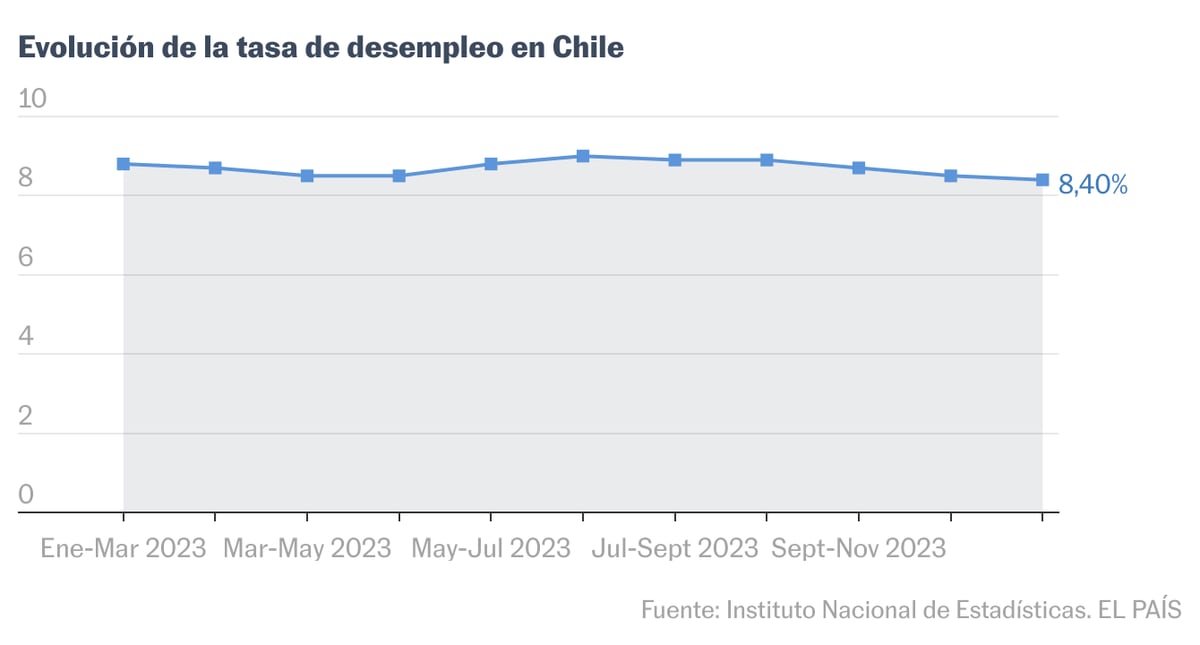Indigenous woman part of one of the projects of the Mechanism dedicated to Indigenous Peoples and Local Communities in Oaxaca, Mexico. World Bank
If women earned as much as men, the world's Gross Domestic Product could double.
However, social norms, prejudices, lack of exposure to certain areas and lack of training, time and capital are some factors that prevent women from entering more profitable business sectors that are dominated by men.
A World Bank study indicates that female entrepreneurship is on the rise worldwide, and in some countries, women are as or more likely than men to own a business.
However, it is striking to see that the areas of entrepreneurship in which men venture tend to be more profitable.
The study focuses on women breaking into male-dominated sectors.
For Leticia Jáuregui Casanueva, one of the big differences is the access to financing that exists between men and women.
Entrepreneur and founder of the non-profit organization Crea, Jauregui Casanueva and her team have trained around 200,000 women entrepreneurs from small communities in Mexico and Central America in financial education.
“For example, when women receive loans for their businesses, they are less than those received by their male counterparts,” she says.
At a recent World Bank event, Jauregui Casanueva explained that "what has made a big difference is the training in soft and non-cognitive skills", which help develop negotiation skills, creative and unusual possibilities to venture into various areas and lead their businesses to success and sustainability.
She stressed that virtual training, connectivity, access to social capital and new forms of financing lead to more women entrepreneurs in various sectors.
Latin American women entrepreneurs
Moving into male-dominated sectors is not easy for female entrepreneurs.
The study covers three regions and ten countries in Africa, Asia and Latin America, among which are the Latin American countries Mexico and Peru.
In almost every country studied, women operating in male-dominated sectors outperform women in female-concentrated sectors.
One of the main differences found between the countries of the other regions and those of Latin America is that, in Mexico, companies owned by men have better performance indicators than companies owned by women, regardless of the sector in which they operate.
By contrast, in countries such as Botswana, Guinea, the Lao People's Democratic Republic and Uganda, women-owned businesses that venture into male-dominated sectors are, on average, as profitable as male-owned businesses operating in the same sectors.
This may indicate discrimination or a "glass ceiling."
For Eliana Rubiano, an economist in the World Bank's Gender group and one of the authors of the study, “despite advances in education and female labor participation, the gender wage gap persists.
Sectoral segregation is undoubtedly one of the most important factors in explaining this gap”.
Rubiano indicates that women tend to choose sectors that are characterized by low profitability, such as retail trade or personal services.
"Those women who venture into sectors dominated by men, characterized by higher profitability, obtain higher average earnings and their ventures show better business performance indicators," she concludes.
More women in sectors dominated by men
As the sectoral composition varies from one country to another, initiatives to support women in their transition between sectors must take into account local characteristics, customs and cultures.
What is consistent is the conclusion that helping women move into more profitable male-dominated sectors could contribute to better business performance overall, as companies are just as profitable.
This would contribute to economic growth, since skills and earnings would be more efficiently distributed between men and women.
Beyond the specific actions to cross from one sector to another, it is necessary to contemplate complementary measures, such as the fight against discrimination, harassment, stereotypes and the lack of mentoring.
This will help women establish and grow their businesses once they cross the border into male-dominated sectors.
The study highlights policies and programs for public and private sector leaders to help women succeed in male-dominated fields.
Below, Rubiano shares four recommendations that apply to countries in Latin America and the Caribbean:
Complement micro-entrepreneurship programs with exposure to male role models that help women enter more profitable sectors.
Encourage the participation of men (husbands, fathers) in training programs to counteract the effect of gender norms.
Implement training programs designed to improve women's socio-emotional skills and self-efficacy.
Facilitate access to credit to help women stay and prosper in male-dominated sectors.
Cecilia Martínez Gómez
is a communications consultant for the World Bank.
Subscribe here to the EL PAÍS América
newsletter
and receive all the key information on current affairs in the region

/cloudfront-eu-central-1.images.arcpublishing.com/prisa/Q63VKY2WVJEFBDXA64IVHG2STU.jpg)







/cloudfront-eu-central-1.images.arcpublishing.com/prisa/LSI5G6FGBZCT5GWRU4GZQ5RLTA.png)